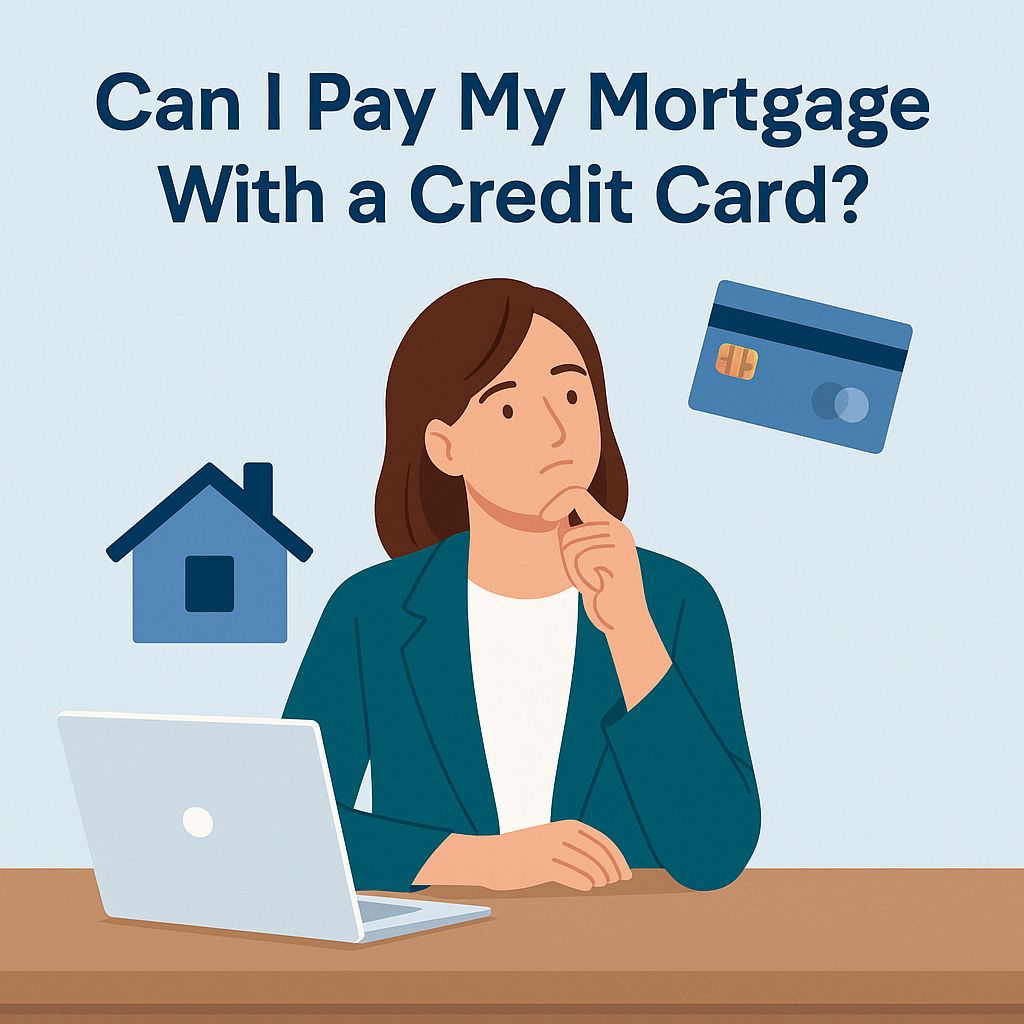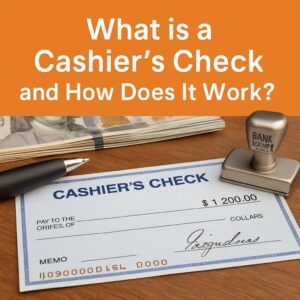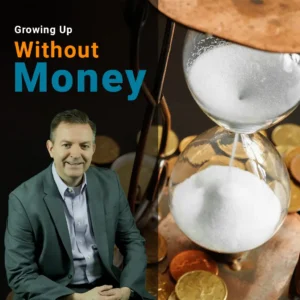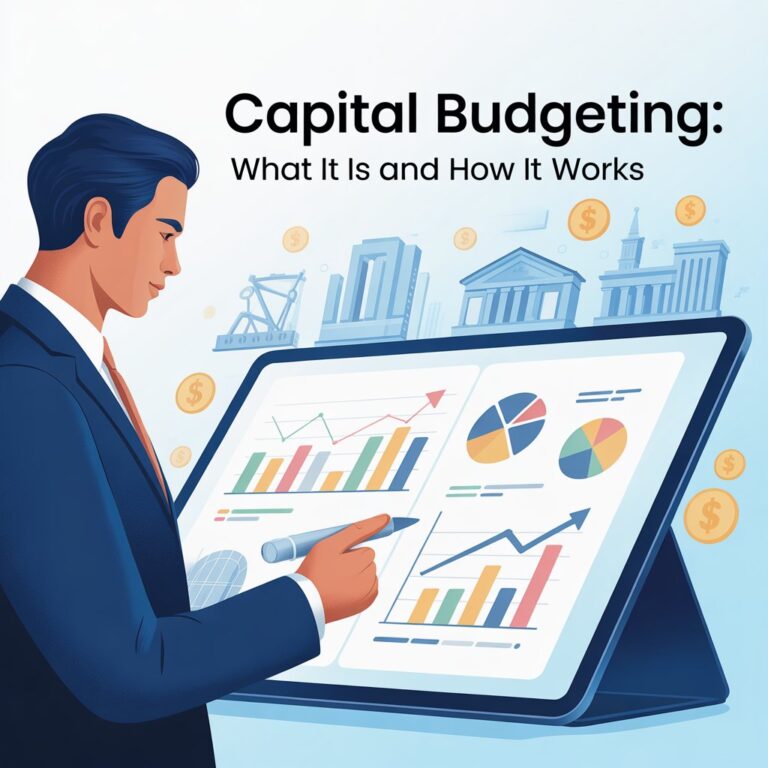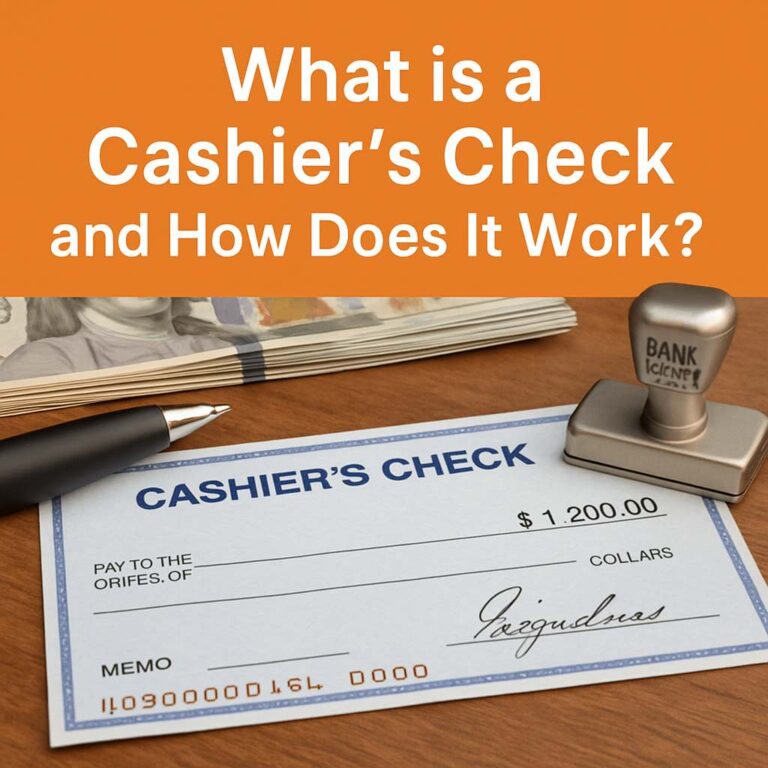Can I pay my mortgage with a credit card?
It’s a question that pops up when money feels tight, or when you’re trying to earn credit card points. The idea sounds smart: use your card, get rewards, and delay the actual cash payment. But the truth is… it’s not that simple.
Yes, sometimes you can pay your mortgage with a credit card. But most mortgage companies won’t let you do it directly. And even when it’s possible, it often comes with extra fees and risks.
Let’s break it all down; how it works, when it might be okay, and why most people probably shouldn’t do it.
How to Pay Your Mortgage With a Credit Card
Most mortgage companies don’t accept credit cards for monthly payments. That’s because credit card companies charge fees, and mortgage lenders don’t want to pay them.
So, to use a card, you’ll need to find another way to make it happen. People have found a few different methods, some more reliable than others.
Let’s look at the most common ones.

Ways to Pay Your Mortgage With a Credit Card
1. Use a Third-Party Payment Service
There are websites that let you use a credit card to pay bills, even if your lender doesn’t accept cards. These sites take your card payment, then send the money to your mortgage company by check or bank transfer.
It sounds helpful, but there’s a catch: they charge a fee. Usually 2% to 3% of the payment. If your mortgage is $2,000 a month, that’s an extra $40 to $60 each time.
Also, not all credit cards give you points or rewards for using these services. So you might end up paying more and getting nothing back.
2. Use a Balance Transfer Check
Some credit cards send checks you can write and use like money. You might be able to write one to your mortgage lender or to yourself, then use the funds to pay your mortgage.
This method can work, especially if the card has a 0% interest offer for a few months. But again, these checks often have fees (around 3% to 5%), and you’ll need to pay the balance off before the interest starts building up.
It’s a short-term trick, not a long-term plan.
3. Take a Cash Advance
You could use your credit card to get cash from an ATM or bank, then use that money to pay the mortgage.
This is not a great idea.
Cash advances usually charge high fees and start charging interest right away. The interest rates are often much higher than a normal card purchase. You could end up paying a lot more than expected, fast!
4. Use a Money Order or Other Workarounds
Some people try to buy a money order using a credit card, then use the money order to pay the mortgage. Others use a prepaid card or digital wallet to move the money around.
Sometimes it works. But these methods often trigger more fees, or are flagged as cash advances, which means higher interest. Plus, they can be a hassle to set up.
Is It Worth It? Let’s Look at the Costs and Benefits
Now that we’ve covered how people do it, let’s talk about whether you should.
Processing Fees
Almost every method we’ve listed comes with a fee. Paying a 3% fee on a $2,000 mortgage means you’re spending an extra $60 a month, for nothing but the chance to use your card.
That adds up fast. Over a year, that’s more than $700.
Credit Card Interest
If you don’t pay off the full balance right away, interest charges can build up quickly. And credit card interest is usually much higher than your mortgage rate.
One missed payment, or one month where you carry a balance, can wipe out any rewards or savings you thought you were getting.
Credit Score Risks
Putting a large payment on your card can raise your credit usage, a big factor in your credit score. If your card balance gets too close to your credit limit, your score could drop, even if you pay on time.
Also, juggling big balances increases the chances of missing a payment, which can hurt your score even more.
What About Rewards or Bonuses?
Sometimes people want to use their mortgage payment to meet a credit card’s sign-up bonus requirement. For example, you get $500 back if you spend $3,000 in the first three months.
In that case, using a credit card once to hit the bonus might make sense, if you can pay it off quickly and avoid fees.
But doing this every month? That’s where the math usually doesn’t work.
When Using a Credit Card Might Be Okay
Here are a few situations where using a credit card for your mortgage might make sense:
- You’re trying to earn a big welcome bonus on a new credit card.
- Your card has a 0% interest period and you can pay it off before it ends.
- You’re only doing it once, not every month.
- You’re using a low-fee service to make the payment.
In these cases, the fees might be worth it, if you’re careful, pay everything off, and know the risks. But these are special situations, not the norm.

Smarter Ways to Pay Your Mortgage
Instead of using a credit card, here are better ways to handle your mortgage payment:
- Use automatic payments from your bank. It’s simple and helps avoid late fees.
- Plan ahead. Create a budget so you always have money set aside for the mortgage.
- Use your credit card for other expenses, like groceries or bills, where you can earn points without paying extra fees.
- Talk to your lender if you’re having trouble making payments. They may offer help.
- Build an emergency fund so you’re not relying on credit to cover big bills.
These methods are safer, cheaper, and better for your financial health in the long run.
Wrapping Up
So, can I pay my mortgage with a credit card?
Yes, sometimes you can. But most of the time, it’s more expensive, more complicated, and riskier than it’s worth. The extra fees and high interest can cancel out any rewards you earn.
If you’re thinking about doing it just once, to earn a bonus or stretch cash for a short time—and you’re confident you can pay off the card quickly, it might be okay. But as a regular habit? It’s usually a bad idea.
Your mortgage is one of your biggest bills. The smartest move is to pay it in a simple, direct way, and use your credit card only when it helps, not hurts.


